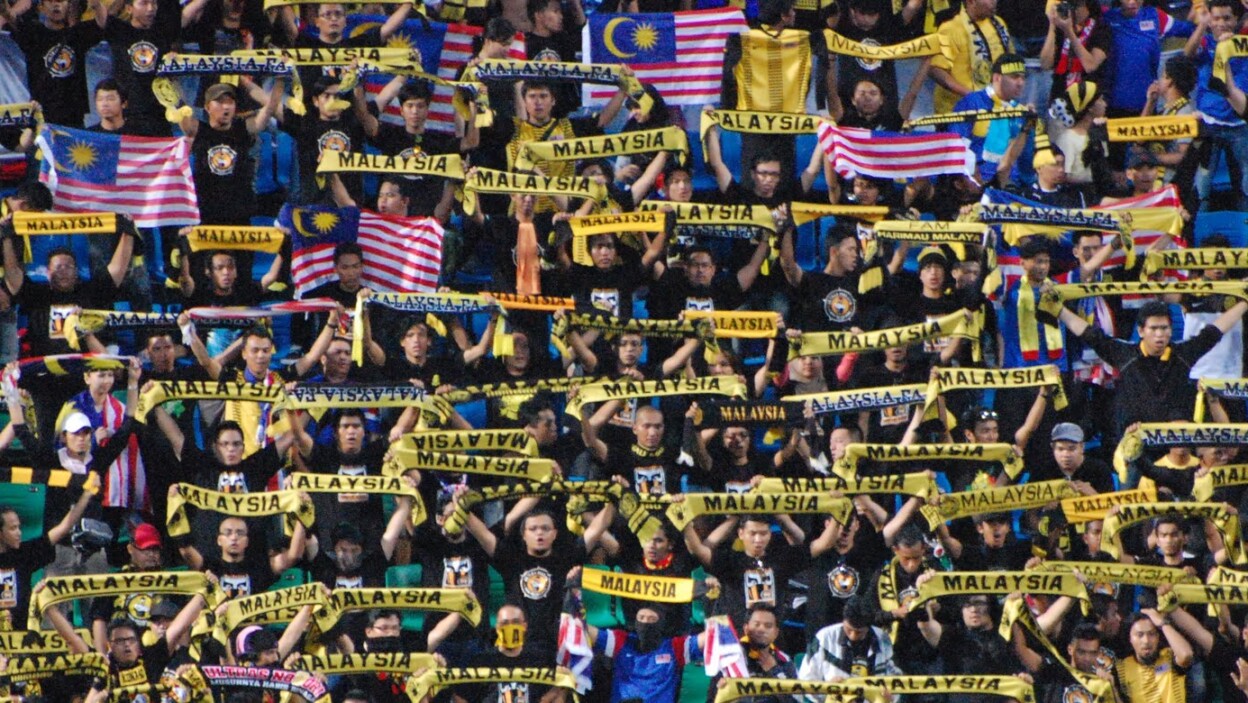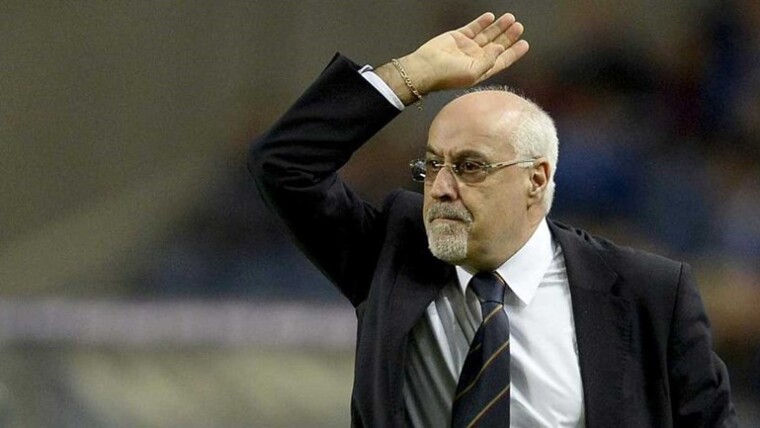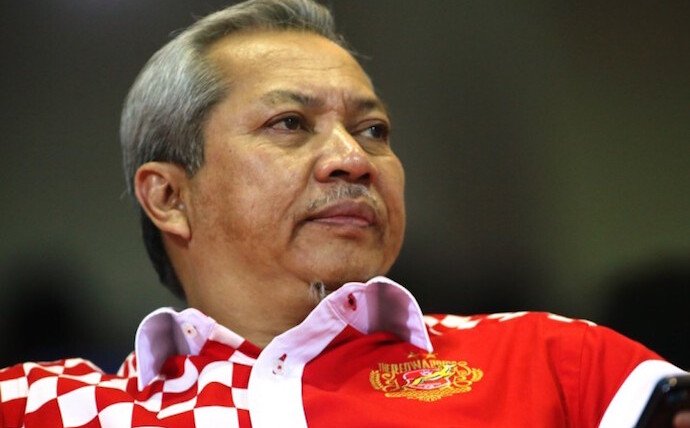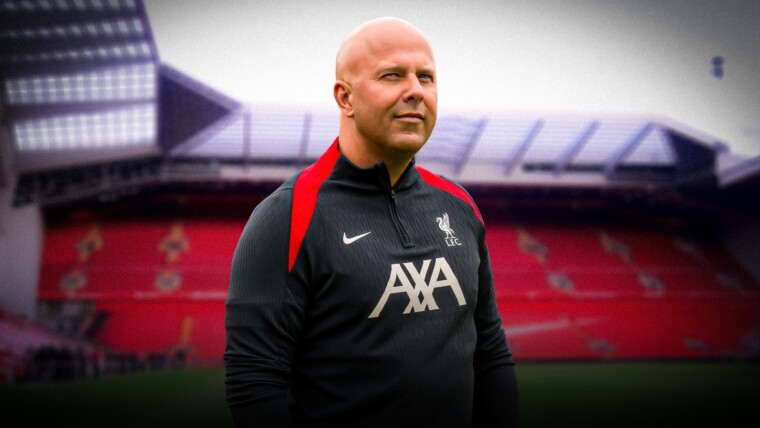The inevitable sense of poignancy was somewhat in the air when Malaysia took to the field for the Asian Cup qualifier against Lebanon last Tuesday, merely hours after it was confirmed that Karl-Heinz Weigang had passed away in Germany.
How apt was it that one the same day Malaysian football was edging towards the inception of a new era, the man behind our impeccable rise through the Olympic qualifiers in 1980, decided to finally acquire the rest he so long kept on the sidelines. You could almost sense the juxtaposition of both eras when the players took the center of the pitch to observe a minute of silence, prior to kick-off. They say the end of time can bring hope. Oh hope was the only thing gleaming throughout Larkin on the night.
We lost 1-2 and the script was familiar. Take the lead and get a good grip of the match, until your energy reserves run out around the 70th minute mark and your opposition pulls off a stunning two-goal comeback to steal the headlines. But Nelo Vingada didn’t hold back at the post-match press conference. “We are on our way to becoming a stronger team,” he passionately declared.
Merely a few hours later, newspaper headlines went absolutely berserk. A section of fans tore into the team’s performance as well, and some even went as far as to suggest that Datuk Ong Kim Swee would have done a better job, had he been retained. All of this, after just one match. One game of football. As a country, we love football. But do we really understand it?
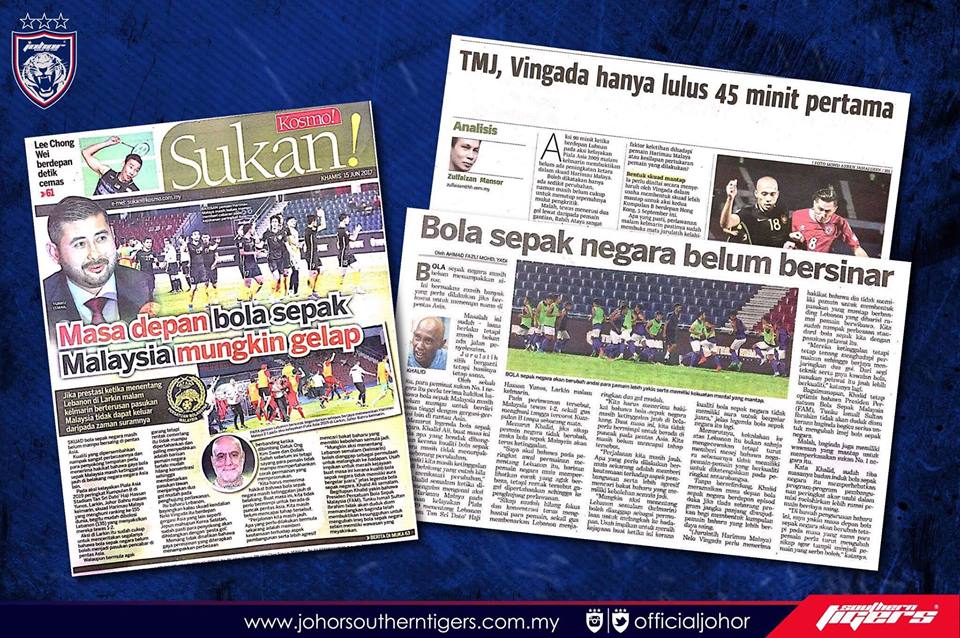
It’s nothing new, really. Success is understandably a major craving in this country, but expectations are often unreasonable in so many different ways. We want a revamp. We want change. But we’re not willing to sit through the various nuanced processes that need to take place, for us to actualize the change. Patience is virtually non-existent in Malaysian football.
Remember when Kedah were going through a rough patch in the Malaysia Super League last year and some sections of the Kedah fans wanted Tan Cheng Hoe out? Some called him clueless, others labelled him as being tactically incompetent. A few months later, he led the Red Eagles to a scintillating triumph in the Malaysia Cup. Even Datuk K. Rajagopal was a victim of it at the 2010 AFF Suzuki Cup. They lost 1-5 to Indonesia in the opening game and everyone at home went absolutely berserk. Rajagobal’s men bounced back in style and went on to beat Indonesia in the final and clinched the Suzuki Cup trophy for the first time in their history.
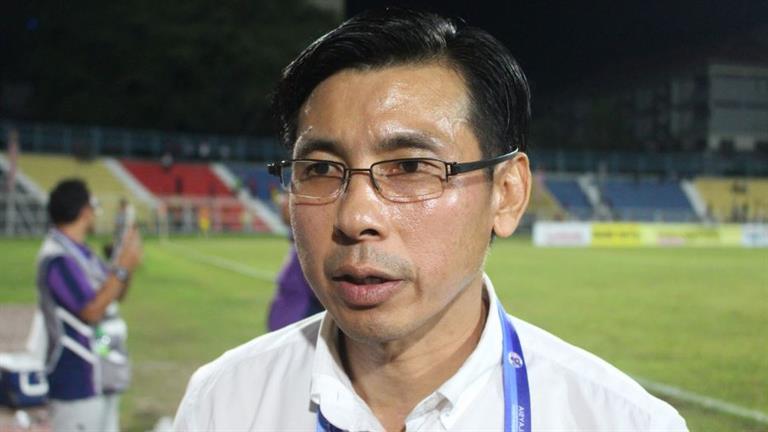
When Juan Martin Lucero was first drafted in as Luciano Figueroa’s replacement at Johor DT, expectations were obviously high – they had just won the AFC Cup a few months before that. And even he was a victim of unreasonable impatience from fans during the first few matches of the season. Some fans claimed he wasn’t good enough to fill in the gap left by Figueroa. Lucero ended the season with 27 goals in all competitions.
But this lack of patience isn’t only omnipresent amongst fans, it’s systematically festered and bred by individuals within the local football scenes. How quickly do we sack football coaches in this country, with very little understanding over what their job entails? Penang were quick to jump the gun and sack Ashley Westwood despite the ex-Man Utd trainee making it clear on countless occasions that his methods would take a certain period of implementation time before positive results are visible.
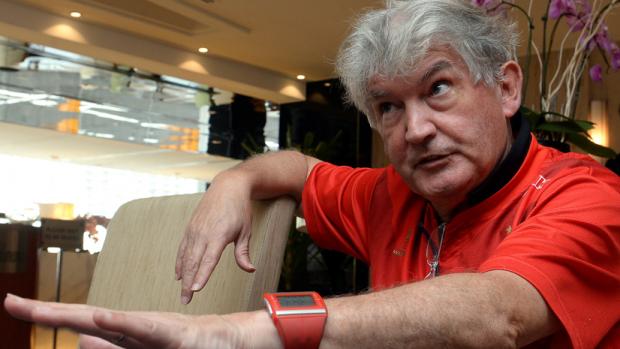
Steve Darby was sacked in in April 2014, despite Kelantan being fifth on the Super League table – which was already a decent feat considering eight key players like Indra Putra, Norfarhan Muhammad and Shakir Shaari left the Red Warriors during the off-season. One year later, George Boateng suffered a similar fate. The Red Warriors had collected two wins, one draw and two defeats from their first five games, besides securing a quarter-final spot in the FA Cup. And all of this was achieved without Brendan Gan, who picked up an ACL injury at the beginning of the season. Unfortunately, Boateng was still shown the exit door.
Bottom line is, the severe lack of patience almost seems like a dogmatic feature of Malaysian football at times. Change – be it short-term or long-term – inevitably takes time and only collective effort from every stakeholder will ensure the efficacy of this process. On the surface, Vingada barely had two weeks to work with a squad that his assistant coach had drafted out. But we were also dealing with a Lebanese team that was far ahead of us in terms of quality. And with the exception of our capitulation in the final 20 minutes, the boys weren’t too bad on the pitch, were they? Behind the scenes, Tunku Ismail has only had three months at the pinnacle of Football Association of Malaysia. Surely we have to be reasonable enough to see the time constraints in both cases?
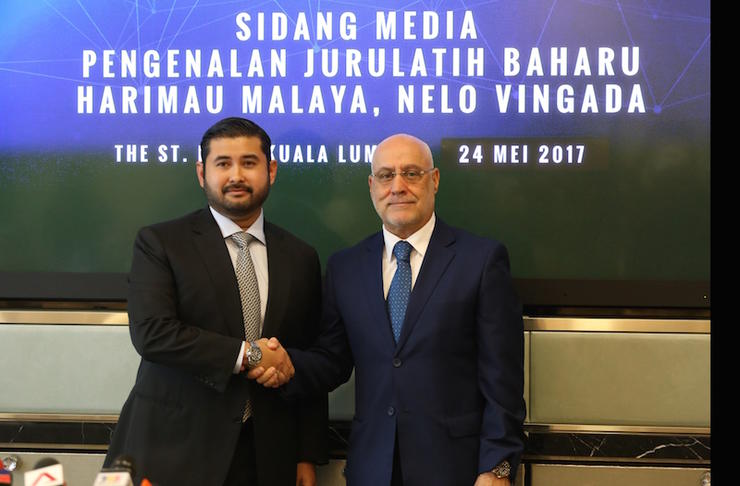
Civil disobedience or the culture of protest is also a huge part of football and in some ways, it’s precisely what got Malaysian football to this juncture – one that’s filled with hope. Much of TMJ’s campaign was based on the years of suffering we’ve had to endure as local football fans. Much of his manifesto was a direct response towards the demands made by local football protesters.
But now that we’re finally here, almost two years since a passionate bunch of fans forced the Malaysia vs Saudi Arabia game to be postponed by launching flares and smoke bombs at the Shah Alam Stadium, maybe it’s time to take a step back and give these individuals the space to execute their plans? Or are we going to continue bickering unreasonably every single time we hit a hurdle?
So I ask again. Malaysian fans love football. But do we really understand football?
Other posts by Keeshaanan Sundaresan

